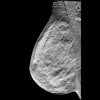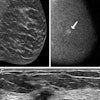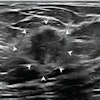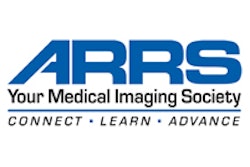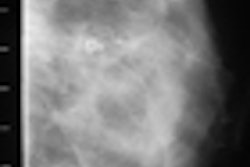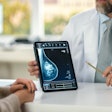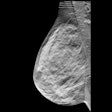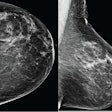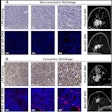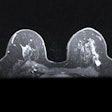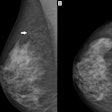Dear AuntMinnie Member,
The American Roentgen Ray Society (ARRS) annual meeting is under way in Chicago, and AuntMinnie.com associate editor Kate Madden Yee is in the Windy City filing reports for your favorite radiology website.
First up is an article on CT dose reduction. Can you successfully reduce radiation dose in your department by educating hospital house staff? Researchers from Northwestern University examined this question by holding lectures for house staff on ways to reduce dose, and then surveying the staff members several months later to see whether the lectures affected exam referral patterns.
They found that while the lectures didn't lead to a major shift in CT ordering patterns, most respondents said they used the information to answer questions from patients on radiation dose.
In another radiation dose presentation, Connecticut researchers applied several dose reduction techniques to CT images and assessed radiologist satisfaction with the results. They found that while they were able to effectively reduce radiation dose, nearly half of radiologists said that the noisier images affected their ability to make a diagnosis. Read about both studies by clicking here.
Fallout from USPSTF guidelines
In other ARRS news, the fallout from the U.S. Preventive Services Task Force's (USPSTF) 2009 guidelines on screening mammography continues to echo across women's health. Several ARRS presentations addressed this controversial decision, which removed the group's previous recommendation that women ages 40 to 49 receive regular mammography screening.
One ARRS presentation found that women in the younger age group who received screening had their cancers detected at an earlier stage compared to those who weren't screened, with a higher percentage of ductal carcinoma in situ and stage I cancers in the screening cohort.
Another study examined screening mammography referral rates after the release of the USPSTF guidelines. The group noted a significant shift in ordering patterns, with fewer clinicians recommending mammography for women ages 40 to 49.
In an even more ominous trend, the researchers found that clinicians were also referring fewer older women -- ages 50 to 74 -- for mammography, even though mammography is believed to be most effective in this age group. Learn more by clicking here.
Continue to check back on the site for more coverage of the ARRS show, or follow us on Twitter at @AuntMinnie for continuous updates.

